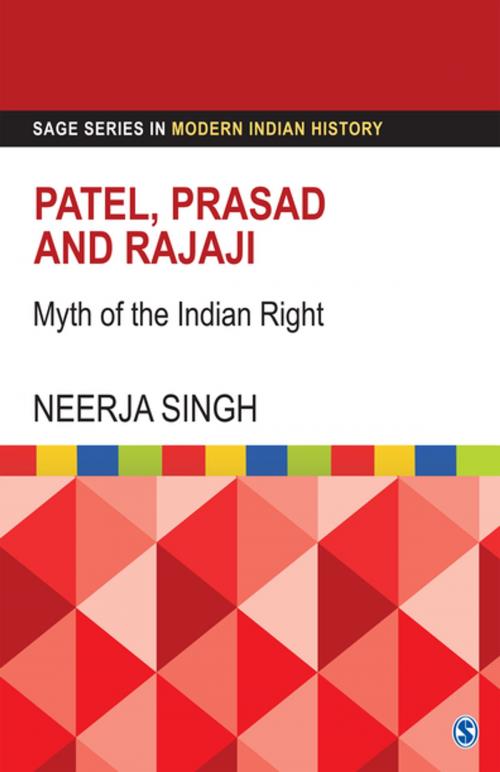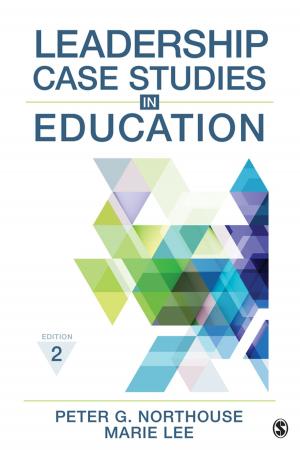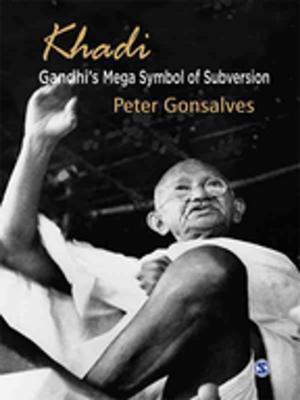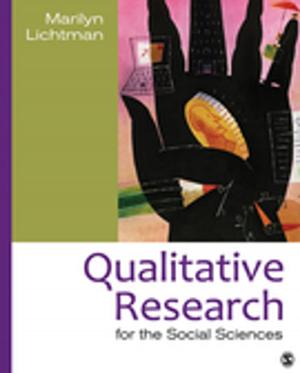| Author: | Neerja Singh | ISBN: | 9789351505327 |
| Publisher: | SAGE Publications | Publication: | July 28, 2015 |
| Imprint: | Sage Publications Pvt. Ltd | Language: | English |
| Author: | Neerja Singh |
| ISBN: | 9789351505327 |
| Publisher: | SAGE Publications |
| Publication: | July 28, 2015 |
| Imprint: | Sage Publications Pvt. Ltd |
| Language: | English |
**This book traces the debates around the concept of ‘Right and Right-wing Politics’ in the Indian political context. **
Delineating the differing ideological positions held by Sardar Vallabhbhai Patel, Dr Rajendra Prasad and C. Rajagopalachari on the one hand and of their leftist/socialist detractors and opponents on the other, this book questions the validity of using terms such as ‘Rightist’ or ‘Leftist’ based on Eurocentric notions without understanding the Indian context. It establishes the fact that these three Gandhian leaders did not represent conservative or reactionary forces. They, in fact, practised and promoted progressive ideas in their vision of socio-economic reconstruction of the country. Being anti-imperialists to the core, they stood for democratic and secular ideals promoting communal harmony effectively.
This study attempts to relook at the categorization of ‘Right’ and ‘Left’ in our national politics and stresses that history is not to be studied through the prism of politics. It is as much a book for the scholars and researchers as it is for anyone interested in Indian politics.
**This book traces the debates around the concept of ‘Right and Right-wing Politics’ in the Indian political context. **
Delineating the differing ideological positions held by Sardar Vallabhbhai Patel, Dr Rajendra Prasad and C. Rajagopalachari on the one hand and of their leftist/socialist detractors and opponents on the other, this book questions the validity of using terms such as ‘Rightist’ or ‘Leftist’ based on Eurocentric notions without understanding the Indian context. It establishes the fact that these three Gandhian leaders did not represent conservative or reactionary forces. They, in fact, practised and promoted progressive ideas in their vision of socio-economic reconstruction of the country. Being anti-imperialists to the core, they stood for democratic and secular ideals promoting communal harmony effectively.
This study attempts to relook at the categorization of ‘Right’ and ‘Left’ in our national politics and stresses that history is not to be studied through the prism of politics. It is as much a book for the scholars and researchers as it is for anyone interested in Indian politics.















